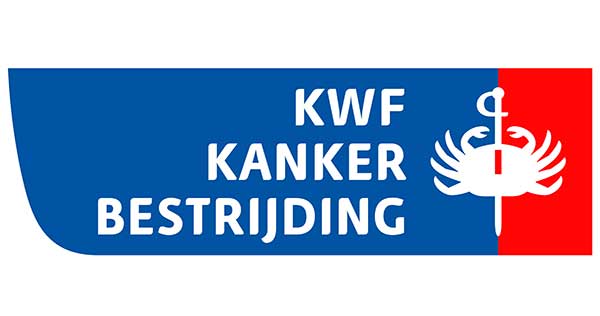Development of a radiolabeled necrosis-targeting probe for early detection of anti-cancer therapy efficacy and anti-cancer treatment: a new theranostic platform
Project summary
It takes on average 2-4 months of chemotherapy, stress and side effects before a patient knows whether the therapy is successful. Even worse, if not successful, costly time has been lost. Therefore it is important to develop a fast method to determine whether a therapy is successful and whether the treatment only kills tumor cells and not surrounding health tissue.
Many tumors contain a lot of dead tumor cells within the core of the tumor. The more successful the chemotherapy, the more dead cells there are. By developing a radiolabeled probe that binds to dead tumor cells one could both quantify the number of dead cells (to assess the success of the chemotherapy) and also irradiate the tumor from within.
Impact
With the development of this method in vitro, scientists are able to determine the spread of a tumor, the effectiveness of the therapy and combine it with an additional therapy to irradiate the tumor from within. This would benefit a big group of cancer patients.
More detailed information
Principal Investigator:
Prof. dr. Clemens Löwik
Role Erasmus MC:
Coordinator
Department:
Project website:
Funding Agency:
KWF Kankerbestrijding



